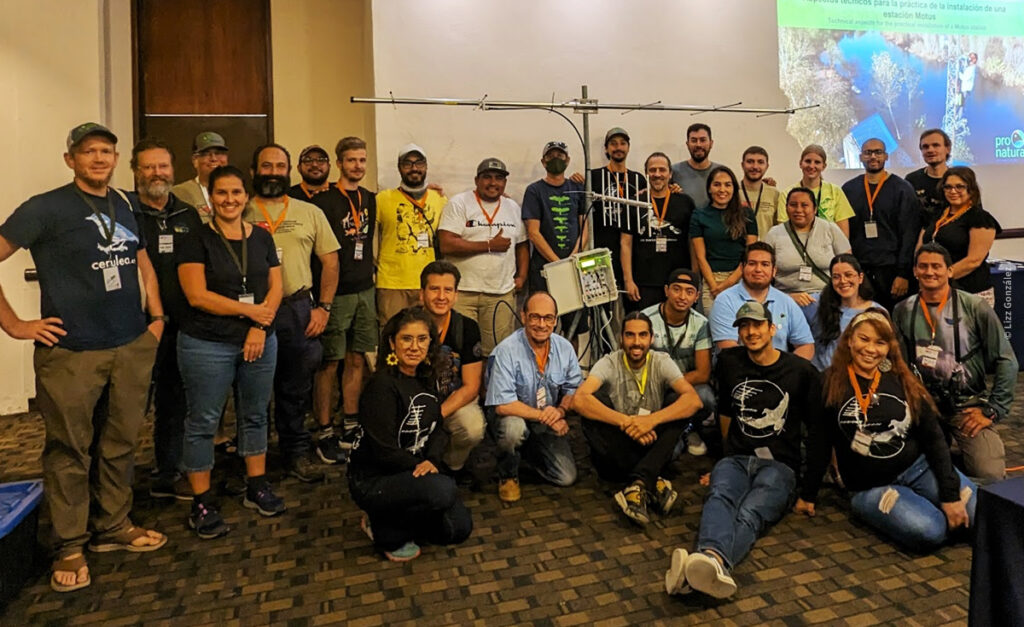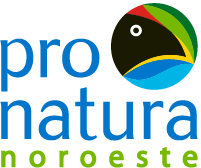From October 17 to 21, specialists in migratory bird conservation from Mexico and other countries met in Boca del Río, Veracruz. The IV International Bird Observatories Conference (IBOC) seeks to reinforce knowledge about biological monitoring stations and share experiences in different regions of the planet.
Attendees attended a workshop given by Pronatura Noroeste (PNO) on how to install Motus stations, a useful tool set up at natural sites frequented by different species of migratory birds. This information is of vital importance when designing conservation strategies for birds and their habitats.
The workshop was attended by 30 professionals from countries such as USA, UK, Spain, Estonia, Costa Rica, Belize, Nicaragua, Cuba, Argentina, Venezuela, Ecuador, Colombia, Canada and the Cayman Islands, as well as from Queretaro, Coatepec, Veracruz, Cuernavaca, La Paz and Ensenada.
One of the presentations was given by Julian Garcia Walter, PNO collaborator and coordinator of the Motus network in northwest Mexico. “These workshops serve to train the next generation of scientists, students, and land managers who now track wildlife collaboratively,” explained Garcia Walter. “With each new person we train, we increase our capacity to strengthen the Motus network in Mexico and beyond.” This note is encouraging, as today PNO has 25 active Motus stations, with an eye toward reaching 32 stations by 2024 in northwestern Mexico.

The IBOC program included a workshop about the implementation of environmental education strategies for shorebird conservation in priority wetlands in northwestern Mexico. “It was very enriching to meet other people and groups working on bird conservation in other countries, highlighting the actions we are taking in shorebird conservation,” said Lizz González Moreno, our conservation education coordinator.
Also present at the IBOC was marine biologist Daniel Portillo Zavala, PNO field technician, who commented, “Our participation with the Motus workshop generated a positive impact on the Latin American community. It gave us the opportunity to share our point of view and the journey involved in making this network a reality in northwestern Mexico.”
Rounding out the PNO team was environmental promoter Norma Soraida Gonzales. She works in the Gulf of Santa Clara, Sonora, where she implements a behavior change campaign for the protection of protected species. “I had the opportunity to share experiences with different people, who taught more about birds and taught me how to apply it in my community.” In addition, the virtual workshop “Motus uncovered: everything you need to know to install, operate and take advantage of the motus network” was presented, which is available on Pronatura Noroeste’s online platform.
We are proud to collaborate in the fascinating task of recording the migratory journey of birds, not only in our region but in connection with the entire continent.












